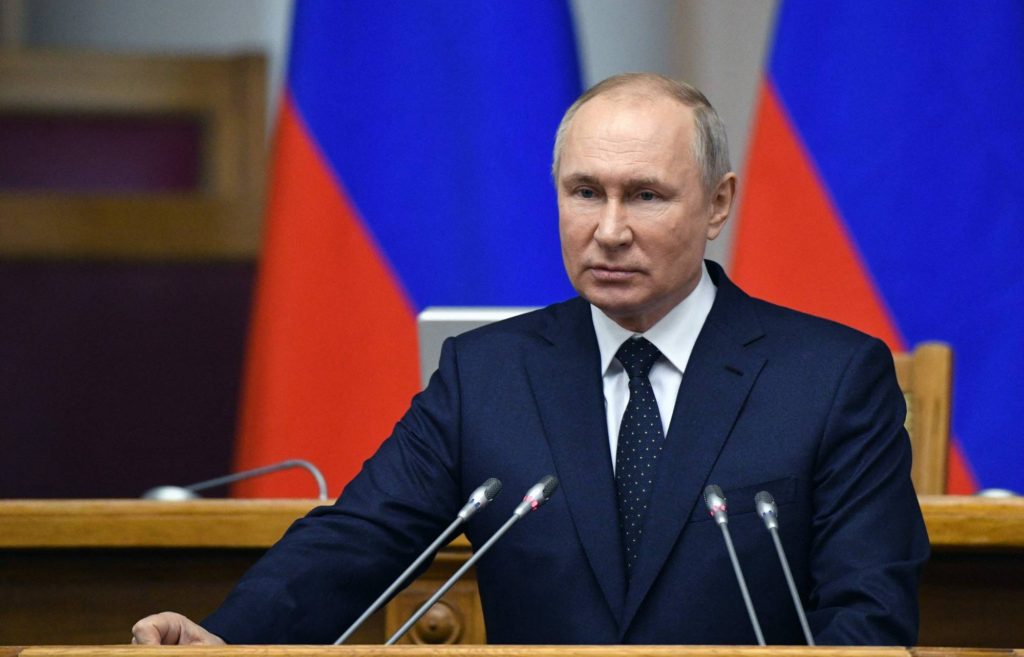|
Getting your Trinity Audio player ready...
|
Russia has formally withdrawn from the Treaty on Conventional Armed Forces in Europe (CFE), marking the end of its participation in a treaty it suspended in 2007. In a press release, the Russian Foreign Ministry stated that Russia bids farewell to the CFE Treaty without regret and with full confidence that it is in the right. The ministry also mentioned its intention to build upon both the positive and negative experiences gained during the creation and implementation of the document.
The decision to formally withdraw from the CFE is seen by experts as a de jure settlement of a longstanding de facto situation. According to Andrey Kortunov, the research director at the Russian International Affairs Council, Russia had already suspended its participation in the CFE long ago, and this formal withdrawal merely reinforces the existing situation. Kortunov also pointed out that the CFE Treaty was never ratified by Western nations.
The material base of conventional weapons in Europe has significantly changed over time, making it impossible to revive the CFE Treaty. Kortunov believes that there are currently very few trust-based mechanisms remaining between Russia and the West concerning conventional arms.
However, both sides are not inclined to take actions that would increase risks or lead to an arms race. New agreements may emerge in the future, but the geopolitical situation is not currently conducive to the functioning of the so-called OSCE Vienna Document.
Alexander Yermakov, a research fellow at the Russian Academy of Sciences’ Institute of World Economy and International Relations (IMEMO RAS), explained that the CFE Treaty had been essentially defunct long before Russia’s formal withdrawal. While discussions about a renewed version of the CFE Treaty date back to the early 2000s, the treaty was suspended in 2007. Moscow’s withdrawal from the treaty can be seen as a formal denunciation of agreements with the West, underlining Russia’s dissatisfaction with Western policies.
NATO had suspended its participation in the CFE Treaty “for as long as necessary” as an attempt to respond to Russia’s actions, according to Yermakov. In essence, the treaty has been non-operational for quite some time, and Russia’s formal exit is symbolic of the broader political dynamics between Russia and the West.



